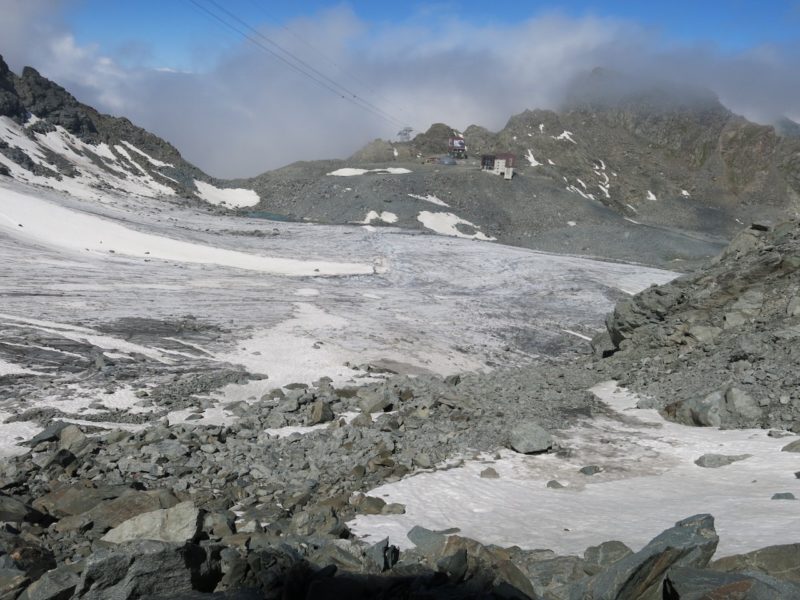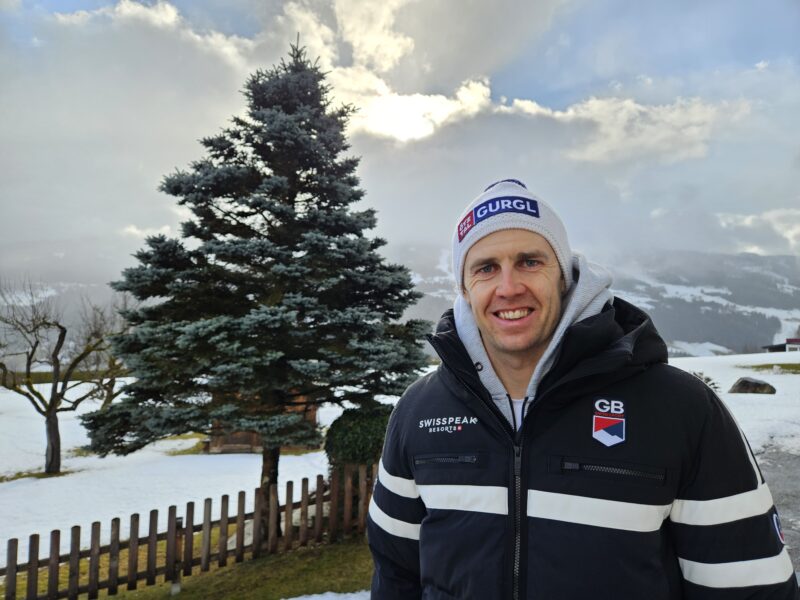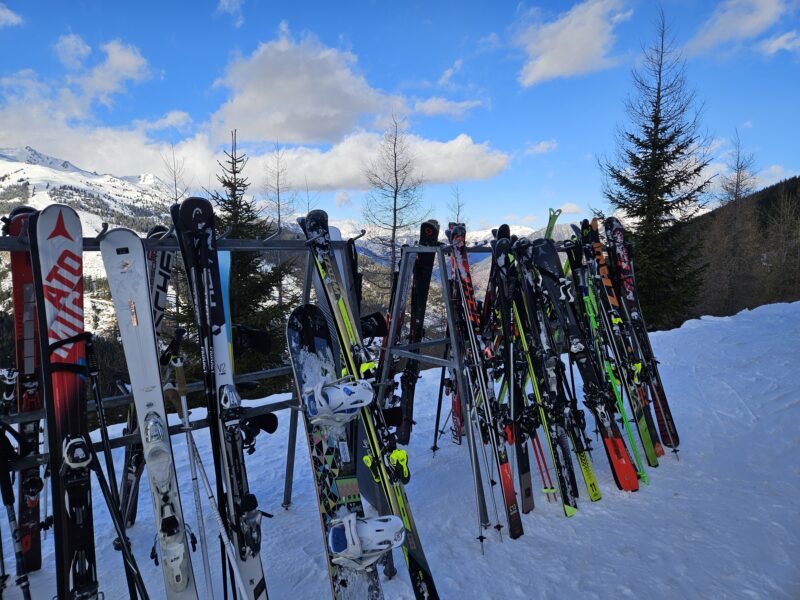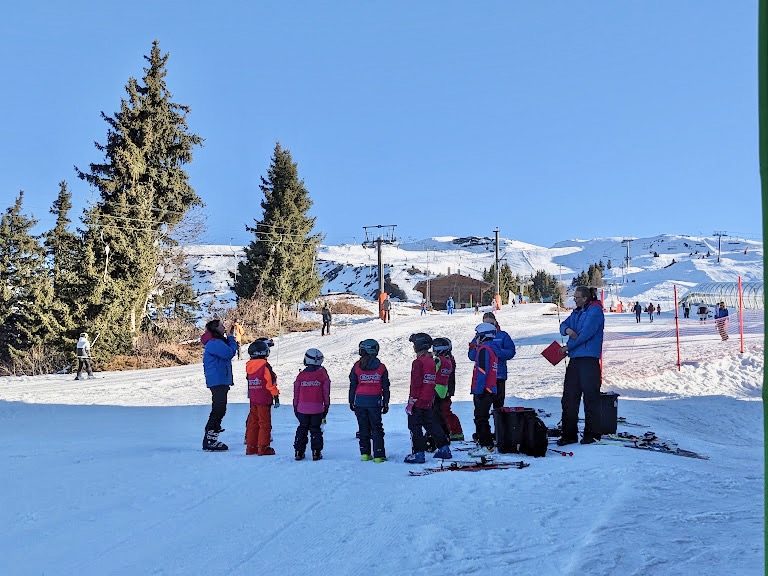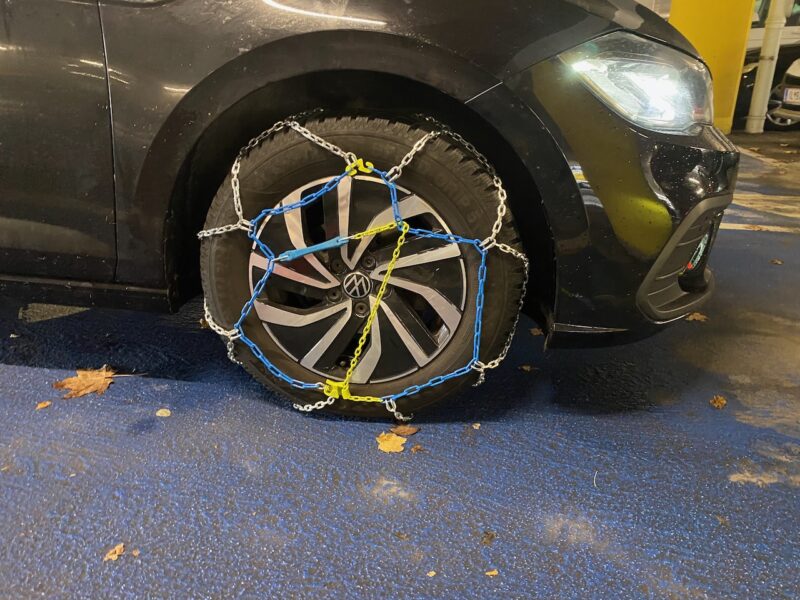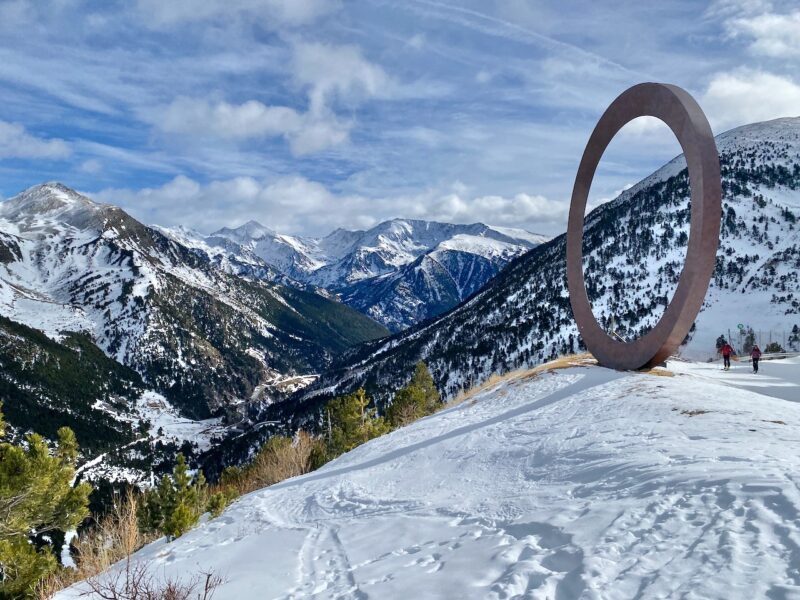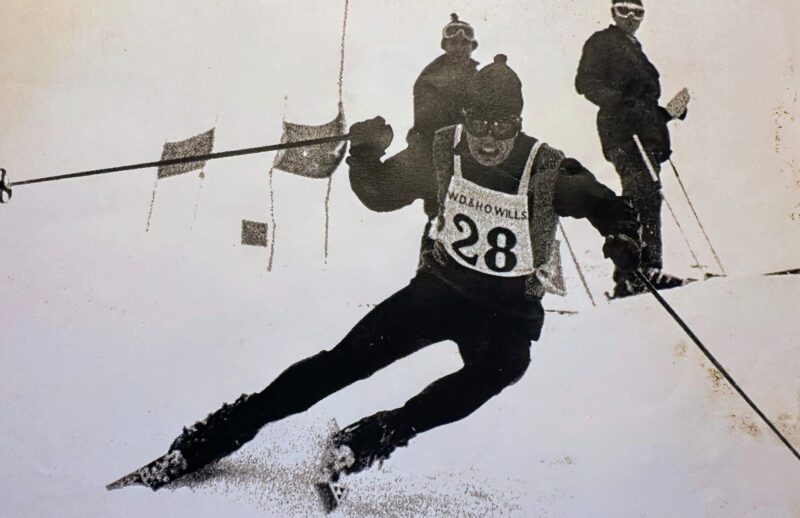Snow Needed in the Alps & It’s Not Just for Skiing
6th March 2023
Last modified on March 8th, 2023
Some snow is finally falling in what is set to be the first decent fall for most since early January. The French Alps went 32 days without any snow falling at all. It’s the worst drought since records began with implications beyond the Alps. UPDATED
The season has generally not been good for snow in the Alps this winter, though there have been some notable exceptions.
The main resorts in the French Alps have fared badly.
The Pyrenees is also at its worst condition for many years and ski areas in the Jura and Massif Central in France have had to close the majority of their runs due to a lack of snow.
There has been no snow worth talking about for well over a month, with some high temperatures.
Across France it has been the driest winter for more than 60-years.
Météo-France said between January 21st and February 21st there had been no precipitation at all for the whole of France.
In the Alps it was the longest such winter drought since record-keeping began in 1959.
One of our reporters, Tim Clark, was in La Rosiere in France over half-term in February.
He described the pistes at time as “hard as concrete” and in places the snow resembled a “kind of polished white porcelain.”

La Rosiere, France. Image © PlanetSKI

La Rosiere, France. Image © PlanetSKI
Tim is now in Les2Alpes where snow is finally falling on Wednesday 8th March.
But what is perhaps most astonishing is that skiing and snowboarding continued to the level it did over the busy February holiday period.
The large resorts see around 25,000 people per day on the slopes.
This is possible thanks to snowmaking and the recent huge advances in grooming and snow preservation.
This lack of winter snow has implications for well beyond us skiers and snowboarders.
With little alpine snow melting the reservoirs will remain low and rivers may run dry.
Snowmelt is crucial to filling rivers and reservoirs with concerns rising about depleted water supplies later this year.
The French President, Emmanuel Macron, has said his government would devise an urgent “water plan” in mid-March.
Last week France’s environment minister ordered officials to take immediate steps to restrict water usage to ensure there is enough water this summer.
Four regions in southern France, Isere, Var, Bouches-du Rhone and the Pyrenees, already have water restrictions in place, and 10 other departments have been placed on a ‘watch list’.
It is a similar situation in Italy where the Alps and to a lesser extent the Dolomites have seen little snow.
Last week the Italian Premier, Giorgia Meloni , met ministers to start planning a response.

The Aosta Valley, Italy. Image © PlanetSKI
The drought in Italy has focused attention on how to manage water crises, which are likely to become more frequent in coming years due to climate change.
The Italian environmental group, Legambiente has appealed to the government to agree a national water strategy.
“2023 has just begun but it’s showing worrying signs in terms of extreme weather events and drought levels,” said director Giorgio Zampetti.
Italy suffered drought conditions last year:
The Alps are Europe’s most important mountain range for supplying rivers.
The mountain range has seen a 5.6% reduction in snow cover duration per decade over the last 50 years, according to a recent report published by Nature Climate Change.
Meteo-France said that rainfall over the next months is critical for reservoirs and rivers to reach their normal spring levels ahead of the summer.
Here at PlanetSKI we also want to make a few late season turns in spring snow.
Once again we hope to end our ski season in Val Thorens in early May.
Lets hope the limited snow forecast for next week parts of the Alps is the start of more to come.
We’ll keep you posted…

PlanetSKI logo


